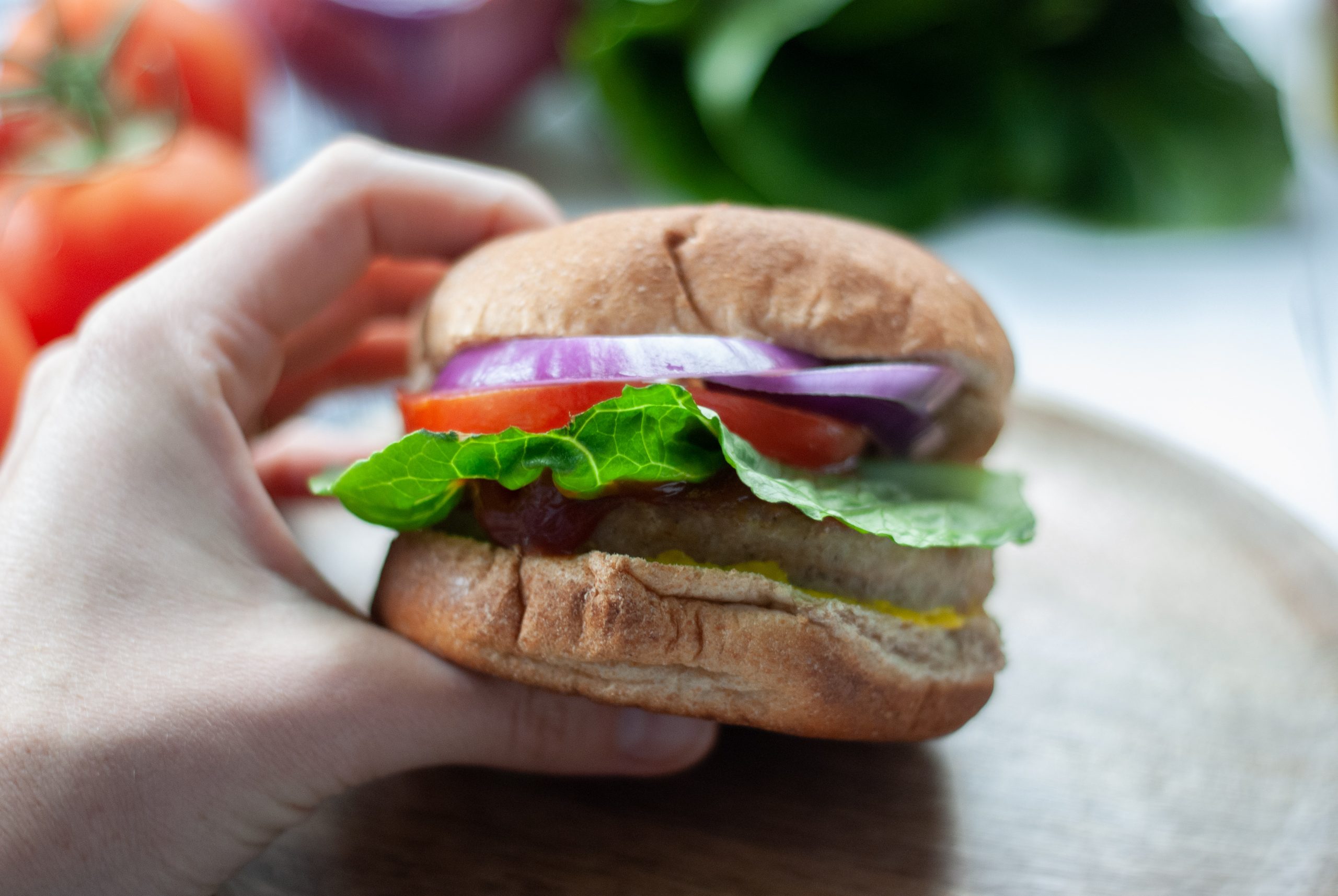For many people following low calorie diets, “cheat meals” are a must. A cheat meal is essentially one planned meal (or meal deviation) a week where you can eat anything you want that you wouldn’t normally eat as part of your diet — pizza, burger and fries, tacos, whatever you have a hankering for. But let’s debunk some of the commonly believed benefits of having cheat meals, and why they aren’t actually that helpful for learning how to eat properly.
Why Do People Have Cheat Meals?
First of all, it is true that from a psychological standpoint, allowing yourself to indulge your cravings is an essential part of mental and emotional gratification. Technically speaking, this is known as ironic process theory, or the “white bear problem”. Fyodor Dostoevsky, a Russian philosophist, wrote in an 1863 essay, “Try to pose for yourself this task: not to think of a polar bear, and you will see that the cursed thing will come to mind every minute.” The term “white bear problem” came from a 1987 study by social psychologist Daniel Wegner, PhD that was published in the Journal of Personality and Social Psychology. Wegner actually based his study off of the same quote from Dostoevsky, asking his participants to specifically not think of a white bear. As you can imagine, the participants had a hard time doing so.
In other words, the more you try to suppress a thought, the more it will come to mind. When we relate this theory to nutrition, the more we restrict certain foods from our diet, the more we end up craving them. A research study from 2016 concluded that people on diets that let themselves enjoy treats occasionally felt better and more motivated to lose weight. (2) Imagine it this way: if you had a diet made up of all your favorite foods for each meal you ate, you could probably stay on that “diet” forever, right? It probably wouldn’t feel like a diet at all!
However, “cheat” has a negative connotation and “meal” is a very loosely defined term. A single cheeseburger could be a cheat meal. But for more post people, the cheeseburger meal usually includes a side order of fries, a few appetizers, a dessert, and maybe even a couple of beers to wash it all down. Plus, when you’ve been restricting yourself all week, it gets harder to control your appetite in the moment. Once you’ve had your cheat foods, you figure, “Why shouldn’t I have more? It’s all in the same meal anyway.” This all or nothing mentality is an easy trap to fall into at this point. In fact, a lot of people allow their single cheat meal to turn into an entire cheat day. And if you have a cheat meal on Friday night, you could be looking at a whole cheat weekend.
When it comes to physiological effects, there is not a lot of scientific evidence to support the fact that cheat meals help specifically with weight loss. In fact, most research in this area points to leptin, the hormone associated with hunger and satiety. Leptin balances your energy and tells your brain when it’s time to stop eating (1). When you’re dieting (or in a caloric deficit), your leptin levels decrease. Tracking these changes with a body composition analysis machine can help monitor fat loss and muscle retention, offering a more detailed picture of progress beyond just weight. A cheat meal will help raise your leptin levels temporarily, helping you feel fuller and more satisfied. However, meals that are too high in fat will actually decrease those levels. A 2000 study from The American Journal of Clinical Nutrition found that after 14 weeks, lab rats that were fed a moderately high fat diet had lowered leptin concentrations and increased adipose (body fat) tissue. (3)
How Macrostax Can Help
So while we agree that there are two potential benefits for cheat meals (helping with motivation and helping with satiety), there are downfalls as well. Cheat meals vary in definition from person to person and can result in people actually being over indulgent, and most likely underestimating how much they are actually consuming. Also, cheat meals tend to be high fat foods (fried goods, pizza, desserts, etc.), resulting in the potential increase of body fat.
Macrostax has a solution for both of these. First of all, the Macrostax program incorporates what we call a refeed day. Per our nutrition coaches, refeed days are incorporated into someone’s Fat Loss plan after they have been consistently hitting their macros. They are used once a week, on the same day each week, and consist of a much higher ratio of carbs than normal, and conversely, a much lower ratio of fats. If a typical day had a 40% carbs, 30% protein, 30% fat split, a refeed day would be more along the lines of 50% carbs, 30% protein, and 20% fat. This strategic approach is specifically designed to help replenish the leptin hormone mentioned above. And because our program is meant to make you lose fat at a sustainable pace without compromising your lean muscle mass, doing refeeds weekly helps regulate leptin on the regular so you can stay on Fat Loss for as long as you need to.

Second, Macrostax whole-heartedly believes in flexible dieting and sustainable nutrition, meaning you should be able to eat what you love and still reach your goals. Instead of labeling your indulgences as “cheating” and inducing a feeling of shame or guilt, we encourage incorporating them into your macros so you never feel restricted or deprived. This completely changes the mental game! It results in more motivation, better adherence to the program, and most importantly, not feeling like you’re on a diet … all essential components to incorporating balanced nutrition into your lifestyle. Your ability to hit your macros while still eating your favorite meals should be celebrated, not scolded.
The Macrostax app and food log also allows you to plan ahead of time. Which means if you have a social event or outing coming up, you can figure out the best way to enjoy the foods you want to eat and ensure you still hit your macros for the day. Not only does this provide structure instead of a free-for-all, but it also teaches you how a healthy day of meals would look like if you have a meal or two that is more indulgent than usual … it’s all about balance, after all. Or you can still use the app to log your favorite foods every single day! If having a glass of wine or a piece of chocolate are daily must-haves that keep you sane, it’s all possible on our program.
On top of that, Macrostax has hundreds of healthy and macro-friendly versions of all your favorites like this Cookie Dough Dip, Chicken Pesto Pizza, Lightened Up Mac and Cheese, Red Velvet Protein Cheesecake, and so much more! Remember, the best nutrition plan is one that you can stick to. We want our Macrostaxers to build a healthy relationship with food by learning how to balance diet and eating sustainably.
References
- Coelho de Vale R, et al. (2016). The benefits of behaving badly on occasion: Successful regulation by planned hedonic deviations. https://doi.org/10.1016/j.jcps.2015.05.001
- Jéquier E. (2002). Leptin signaling, adiposity, and energy balance. DOI: 10.1111/j.1749-6632.2002.tb04293.x
- Ainslie D. et al. (2000). Short-term, high-fat diets lower circulating leptin concentrations in rats. https://academic.oup.com/ajcn/article/71/2/438/4729130 DOI: 10.1093/71.2.438



